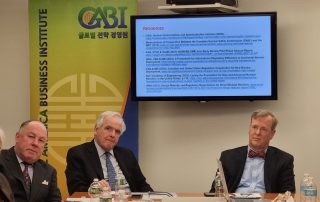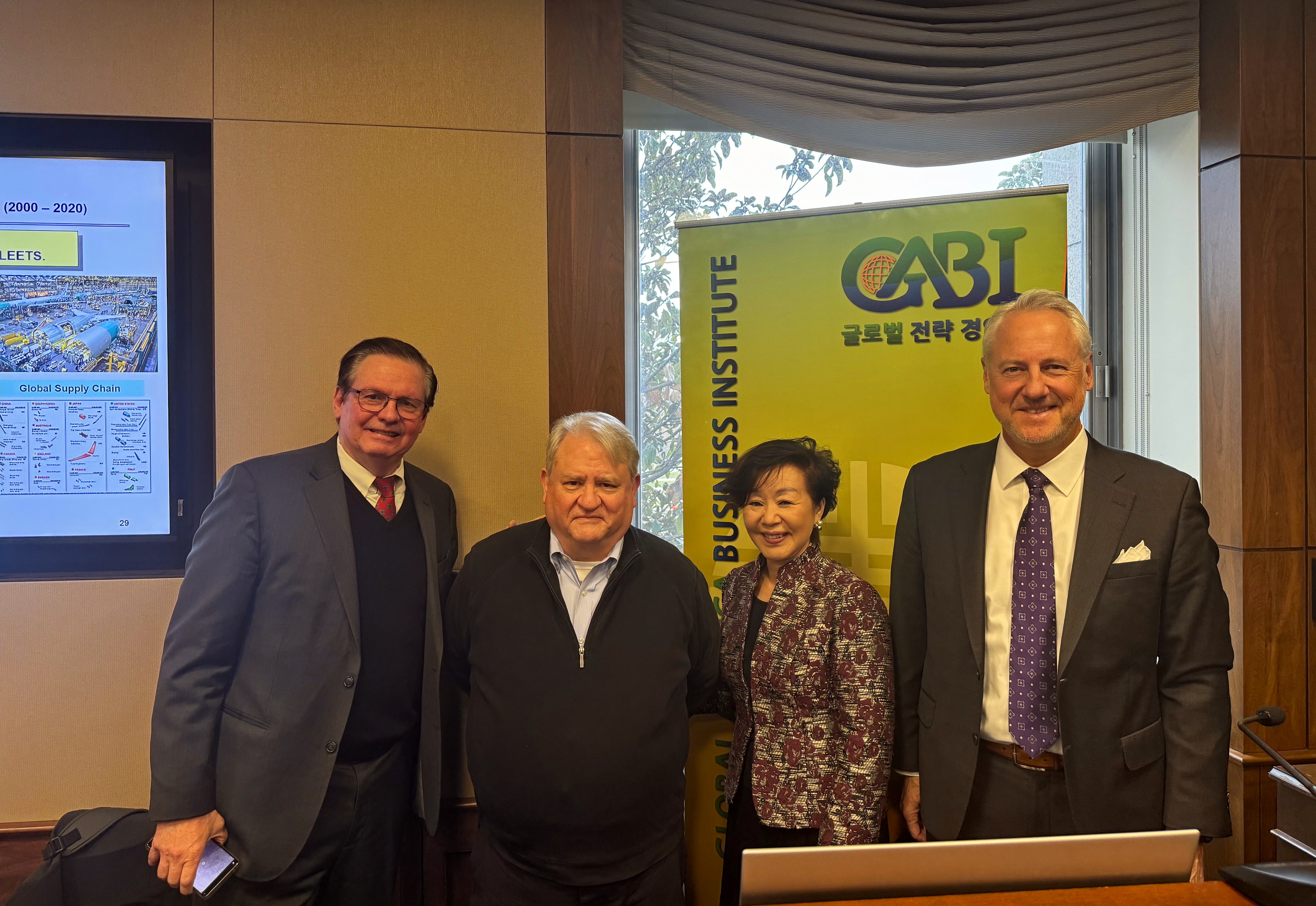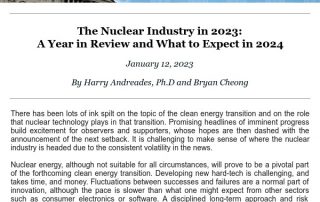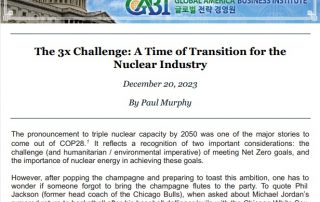Innovations in Nuclear Public Private Partnerships
As the US Government moves to support nuclear fission and fusion strongly, new public-private partnerships agreements have been made that reflect performance-based, fixed-price milestone contracts. Initially demonstrated with significant success in the space industry between NASA and SpaceX, these milestones based contracts can enable significant advancements in nuclear reactor demonstration projects as well as nuclear










